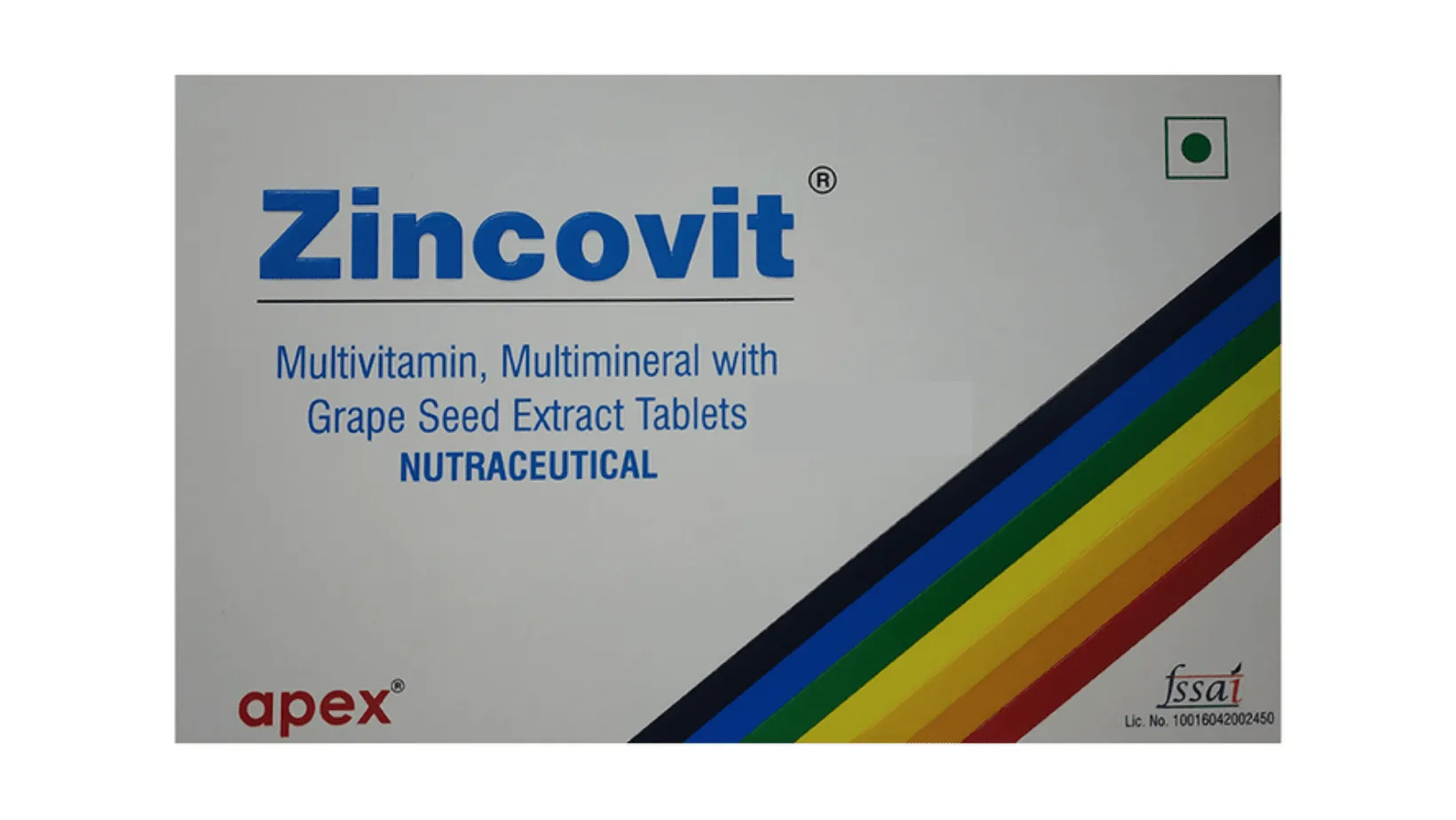Physical prowess in the sports industry is often a celebrated factor. It’s simply an undeniable element of success in sports. But what about the value of mental fitness in the sports world? Mental fitness should be just as valuable to athletes. Being aware of mental fitness and taking steps to achieve these goals will help an athlete reach peak performance in all elements of their sport.
Here, we explore 7 innovative approaches to mental fitness to help any athlete reach their goals.
1. Mindfulness and Meditation
Through the years, mindfulness and meditative practices have become increasingly common. These solutions can help to reduce stress while improving focus and enhancing an athlete’s overall well-being.
The great thing about this solution is they are often easy to integrate into a daily routine. An athlete can set aside focused time for quiet meditation and mindfulness exercises that benefit them. Mindfulness, calm, and focus can contribute to sharpened mental acuity and a centered mindset.
Even under the pressure of the sports industry, they can feel at ease.
2. Visualization Techniques
Have you ever visualized the outcome that you want to manifest the desired results? An athlete headed to a tournament or finals might visualize a win or a specific performance scenario.
Sometimes visualization could be the key step to mental preparation for the task ahead. While these games and matches require physical assertion, they also need to prepare by getting into the right mental headspace.
When you use visualization techniques for positive outcomes, you are mentally rehearsing to get the outcome you want. While the game may not go that way, the visualization can relieve some of the anxiety and stress you feel before the event.
3. Cognitive Behavior Therapy
It may be beneficial to connect with someone who has a psychology background or degree. For some athletes, it may be beneficial to train your therapy person or to pursue your own sports psychology degree online to provide you with the proper tools and resources for cognitive behavior therapy.
This approach is primarily all about knowing who you can turn to or identifying the tools that will reduce negative thought patterns or behaviors in an athlete. There are many techniques used in CBT that can help relieve performance anxiety, overcome mental blocks, and develop healthy coping strategies.
4. Biofeedback or Neurofeedback
Innovative technologies that provide biofeedback and neurofeedback are awesome for gathering data on physical and mental responses and learning or training how to manage those responses. These technologies will measure your heart rate, muscle tension, and brainwave activity.
You can see the measured results and associate what caused them. From there, you can learn how to best regulate those things. It may just be a matter of managing stress, but the results are the ability to optimize your performance with peak mental fitness.
5. Optimize Sleep Quality
Sleep is important, but the quality and length of sleep are also an essential part of athletic recovery. Sleep provides support for both mental and physical recovery from the day and your activities. If you aren’t getting enough quality sleep, this can affect your overall well-being as an athlete.
Learning how to best optimize sleep and being proactive will be important here. Work to create and maintain a consistent sleep schedule. Discover tools that help to improve sleep quality and get rid of things that impede that quality. Create a positive bedtime routine and set your sleep environment up in a way that will allow you to get the mental and physical restorative rest that you need.
6. Mental Performance Coaching
Our mind can be our own worst enemy. With mental performance coaching, you can develop the tools to coach your mentality towards success. There are professional mental performance coaches out there and every athlete should connect with one.
These coaches have psychological skills and training to help you prepare and create positive mental strategies to excel at your sport. These mental performance techniques use personalized coaching to visualize, develop self-talk, and manage stress.
When it’s all said and done, the athlete is equipped to empower themselves and get their head in the game in all the right ways.
7. Virtual Reality Training
Finally, virtual reality technology brings training to a whole new level. An athlete can use VR to immerse themselves in any sort of simulation. A simulation that is sports-based is the most realistic. However, they can gain training skills from an interactive simulation that focuses on certain things as well.
Use VR to work through practice scenarios so that the athlete can build confidence in their abilities while also improving decision-making skills in the process. This controlled environment helps them work through the challenges to prepare them for real-life experiences.
Conclusion
Innovative approaches to mental training for athletes help to enhance focus, improve resilience, and increase overall performance using the tools available to us today. Unleash your full potential by prioritizing mental fitness and not just focusing solely on physical athleticism.
Reviewed by



